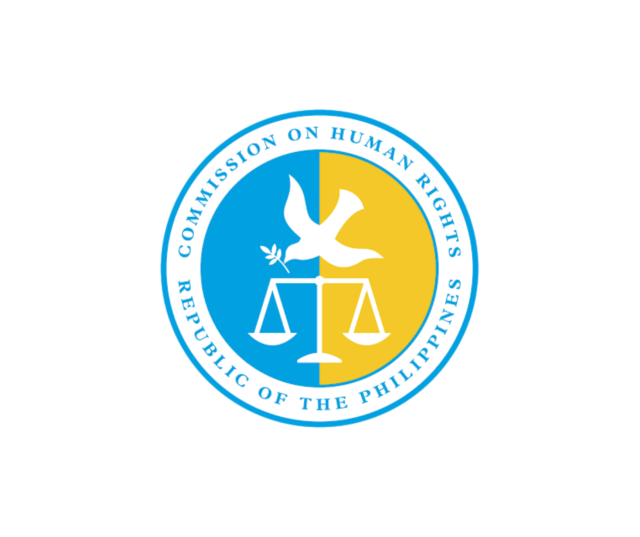WHILE ONLINE technology can be a powerful and positive tool especially for the youth, it also brings with it the potential to carry out harmful actions, including peer-to-peer online cyber violence against women and girls (VAWG).
Through concerned individual complaints and social media monitoring efforts, the Commission on Human Rights noted an alarming prevalence of online sexual harassment in different social media platforms. As the Gender Ombud in the country, we call out any form of violence against women and girls, may it be online or offline.
In Facebook alone, there are existing private groups where members post and circulate compromising materials without the consent of one of the involved parties, such as explicit videos and photos depictingsexual activity or promiscuity. More often than not, ex-partners of involved women are the perpetrators.
Victims are at the receiving end of threats of rape, stalking, defamation, and even death. These put a premium on women and girls’ emotional and mental well-being; take away education and employment opportunities; and put financial burden on them for legal fees, online protection services, and missed wages. Similarly, cyber VAWG can have a profoundly chilling effect on free speech and advocacy for victims as they are discouraged to speak out due to the possibility of being ridiculed and slut-shamed online.
Just because sexual harassment happened in virtual space does not make it any less real and damaging.
The Philippines has comprehensive legislations in place, such as the recently passed Safe Spaces Act or Republic Act No 11313, Cybercrime Prevention Act of 2012, and Magna Carta of Women of 2009, among others that guarantee penalties for commission of such crimes. Furthermore, the CHR strongly supports the immediate passage of House Bill 8655 or the Expanded Anti-Violence Against Women and Their Children Act of 2004 (E-VAWC Bill) which seeks to amend Republic Act No. 9262 by penalising psychological violence through the use of information and communications technology devices, and by expanding the scope of protection afforded to women and children.
But based on Philippine experience, law enforcement agencies and the courts are failing to take appropriate actions for cyber VAWG due to lack of capacity and infrastructure to go after perpetrators given the digital nature of evidence.
In addressing the issue of online sexual harassment, the Commission stresses that it should be approached holistically—from changing people’s behaviour by integrating internet literacy, sex education, and streamlining gender sensitivity orientation in basic education curriculum and other information drive efforts; to establishing an accessible and responsive mechanism where victims can report incidences of cyber VAWG. Victims of cyber VAWG should also be provided psychosocial and legal support at home, in school, and in workplace.
By acknowledging and being mindful of the dangers of the internet, everyone—from netizens to the government—has a shared responsibility of making the digital world a safe, respectful, and empowering space for all, especially women and girls.
(Statement of CHR on the rising tide of online violence against women and girls, 21 April 2020)





